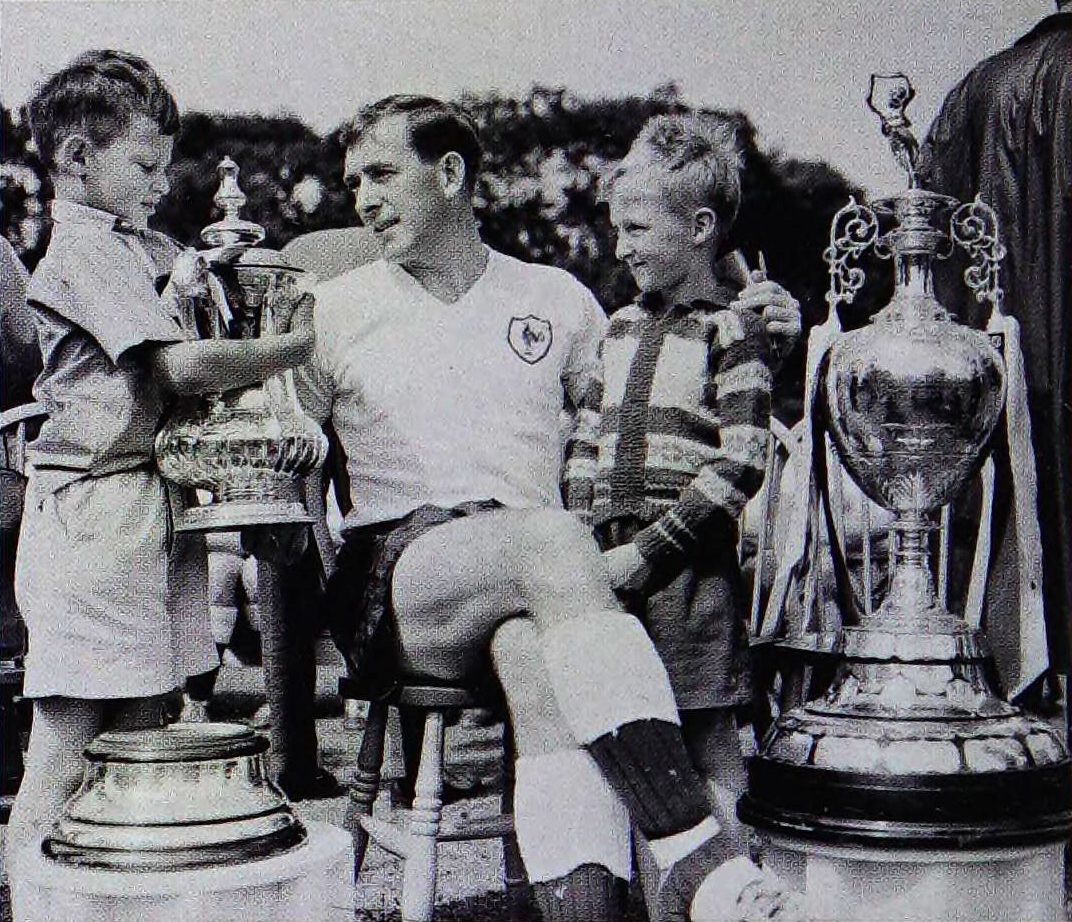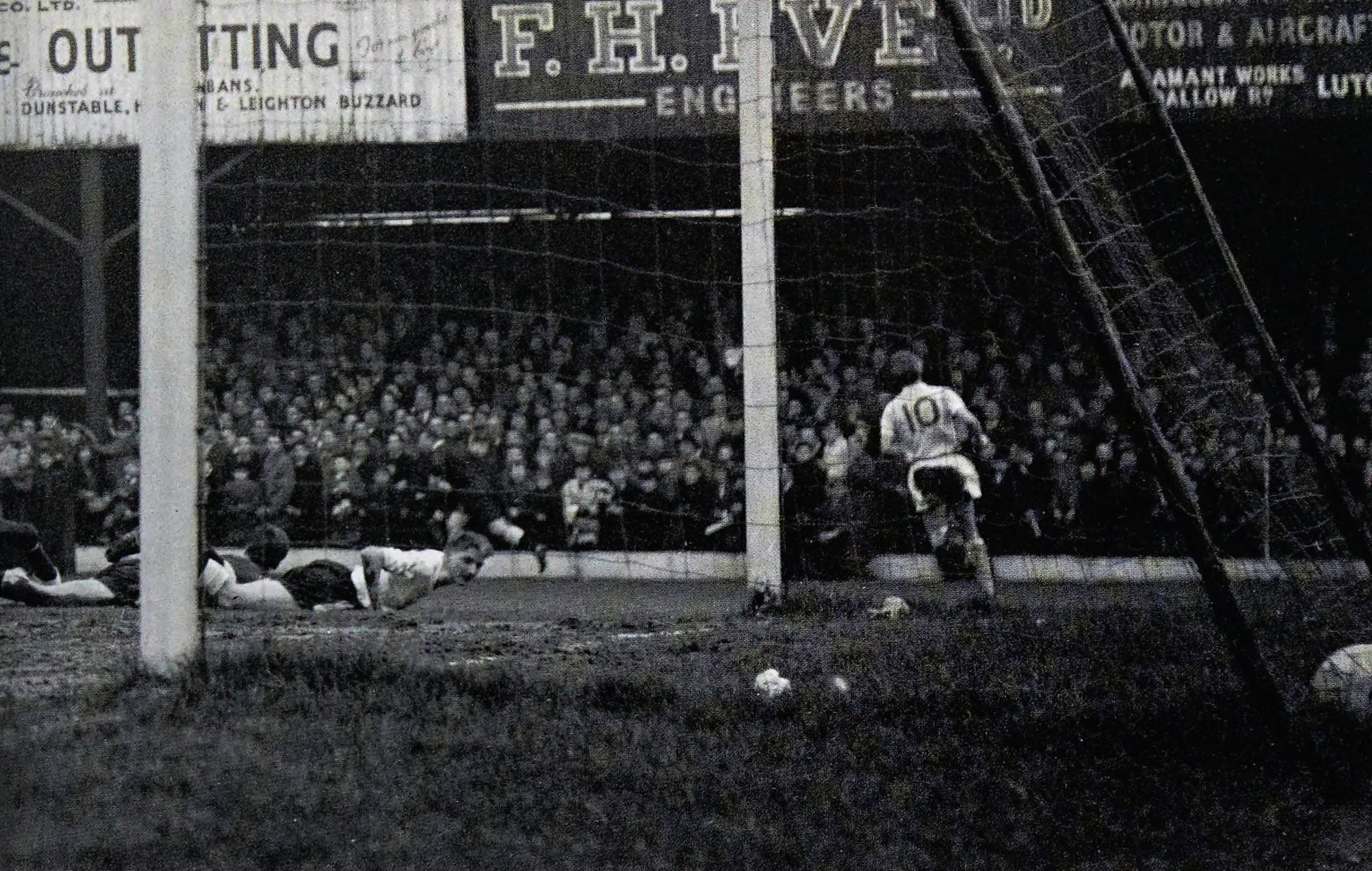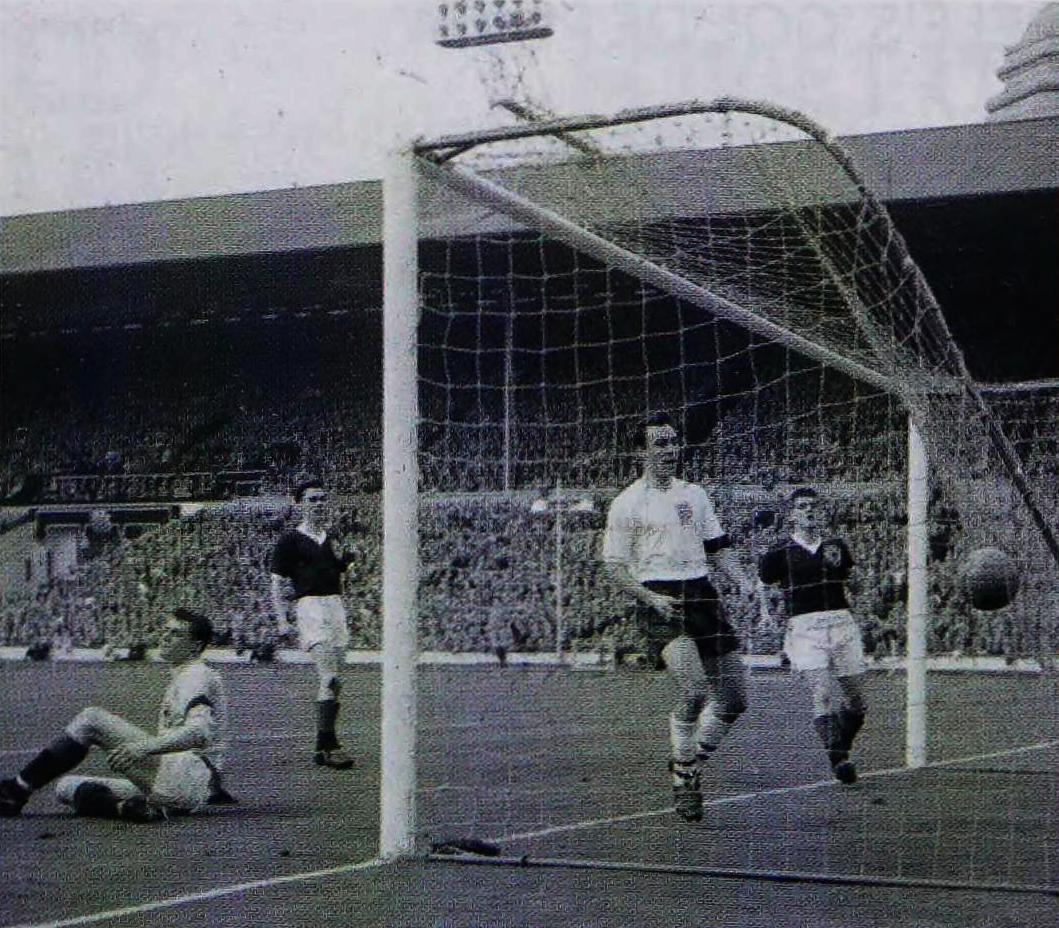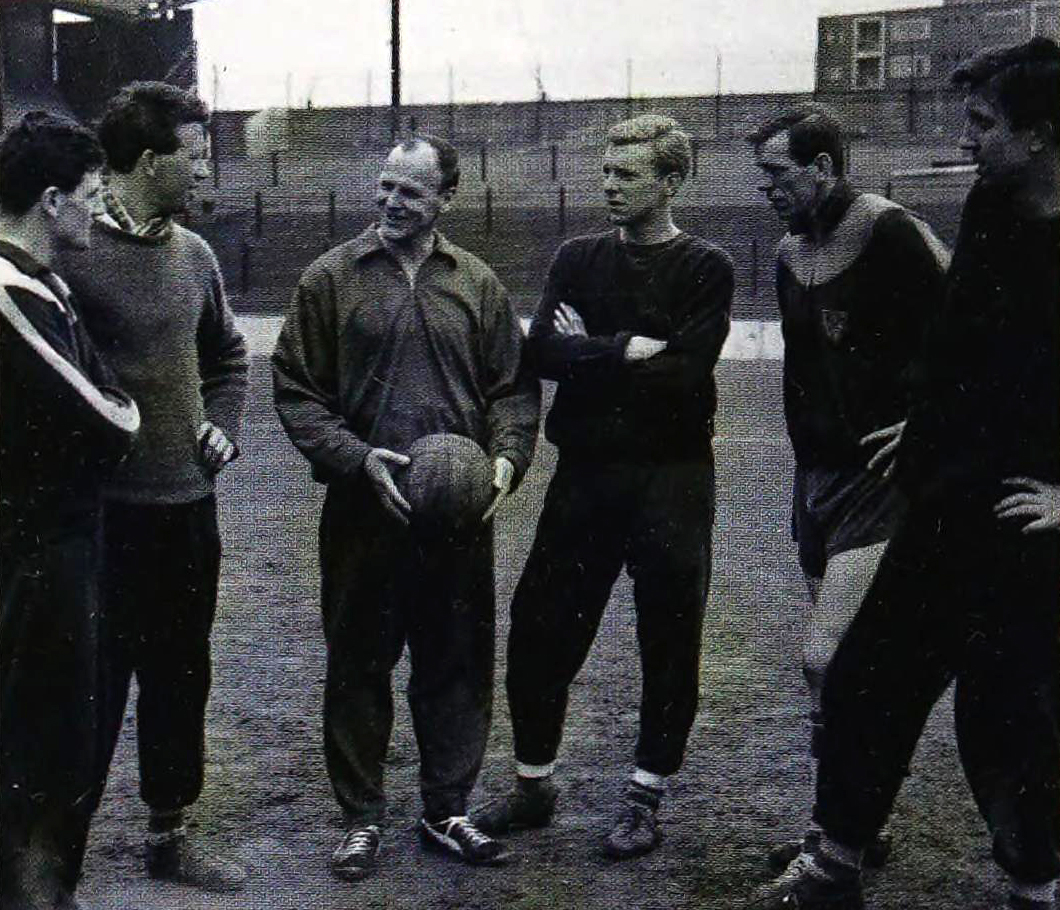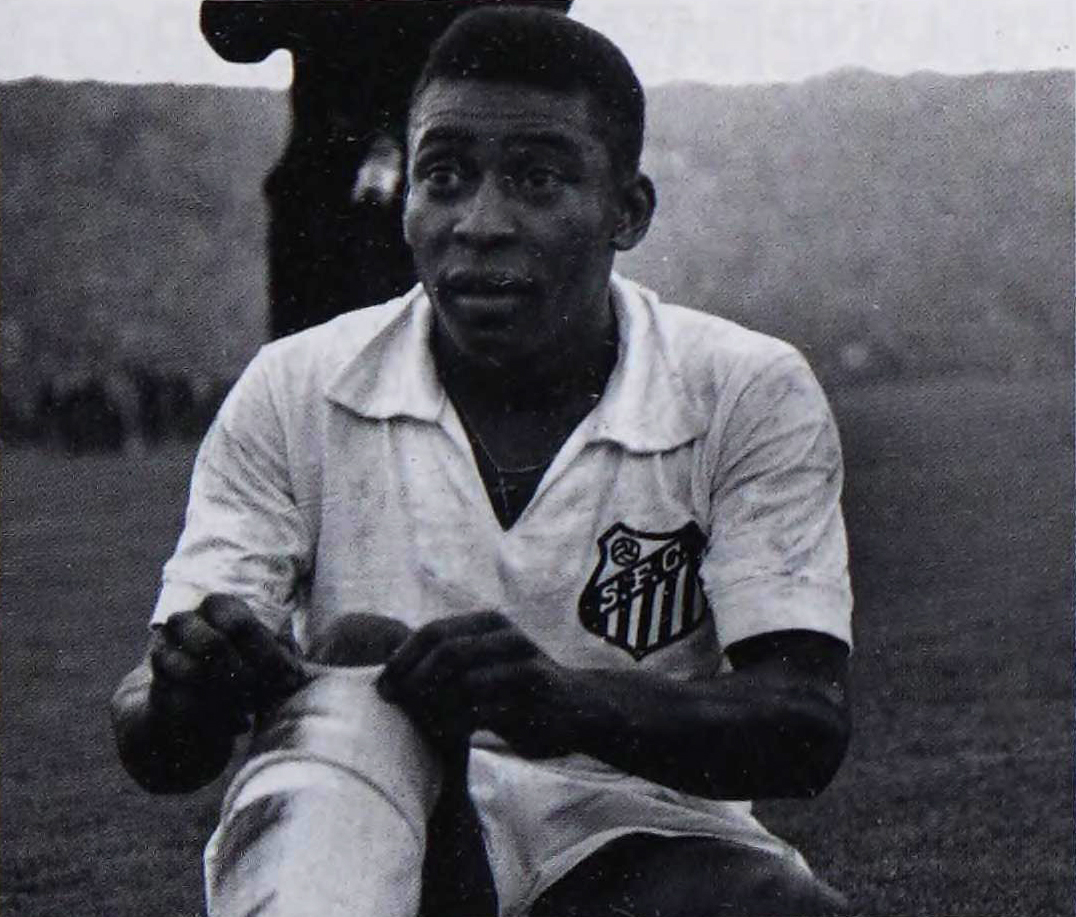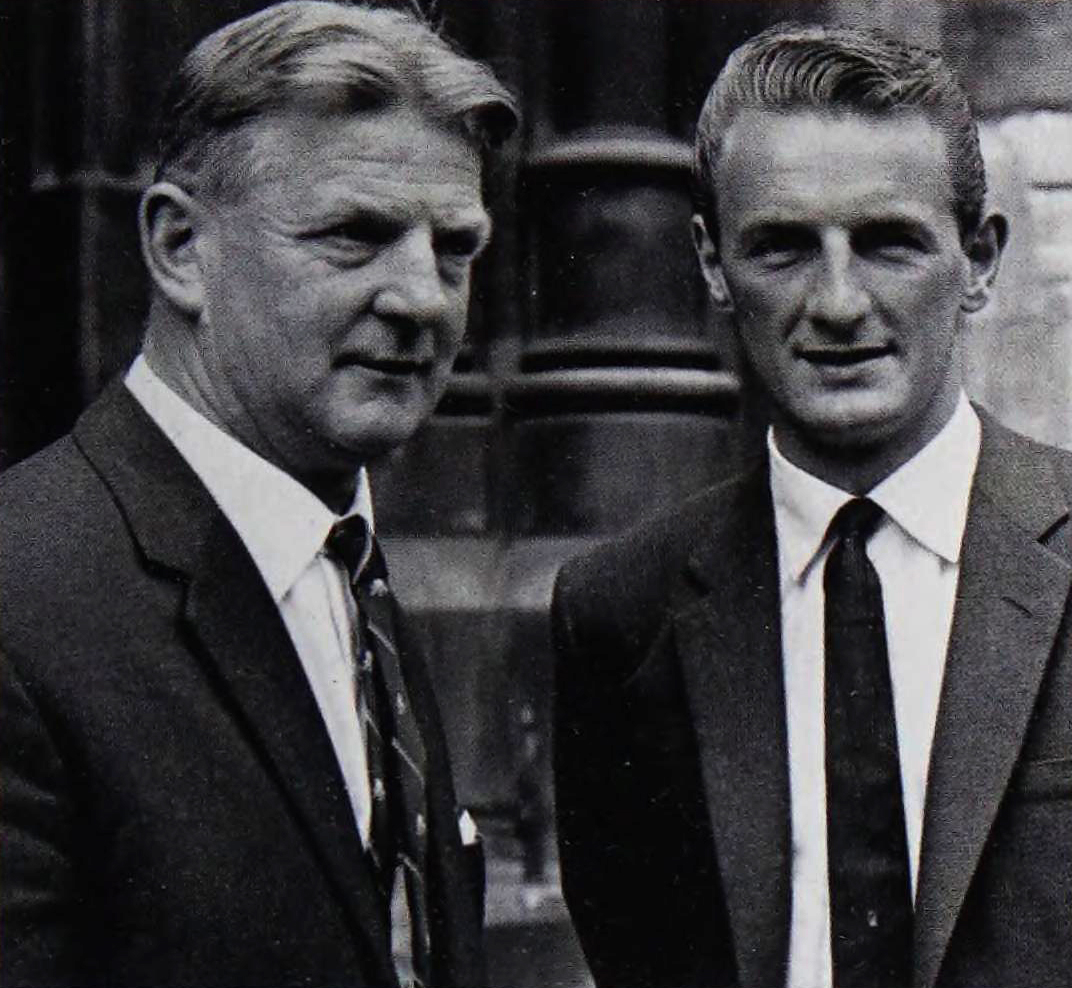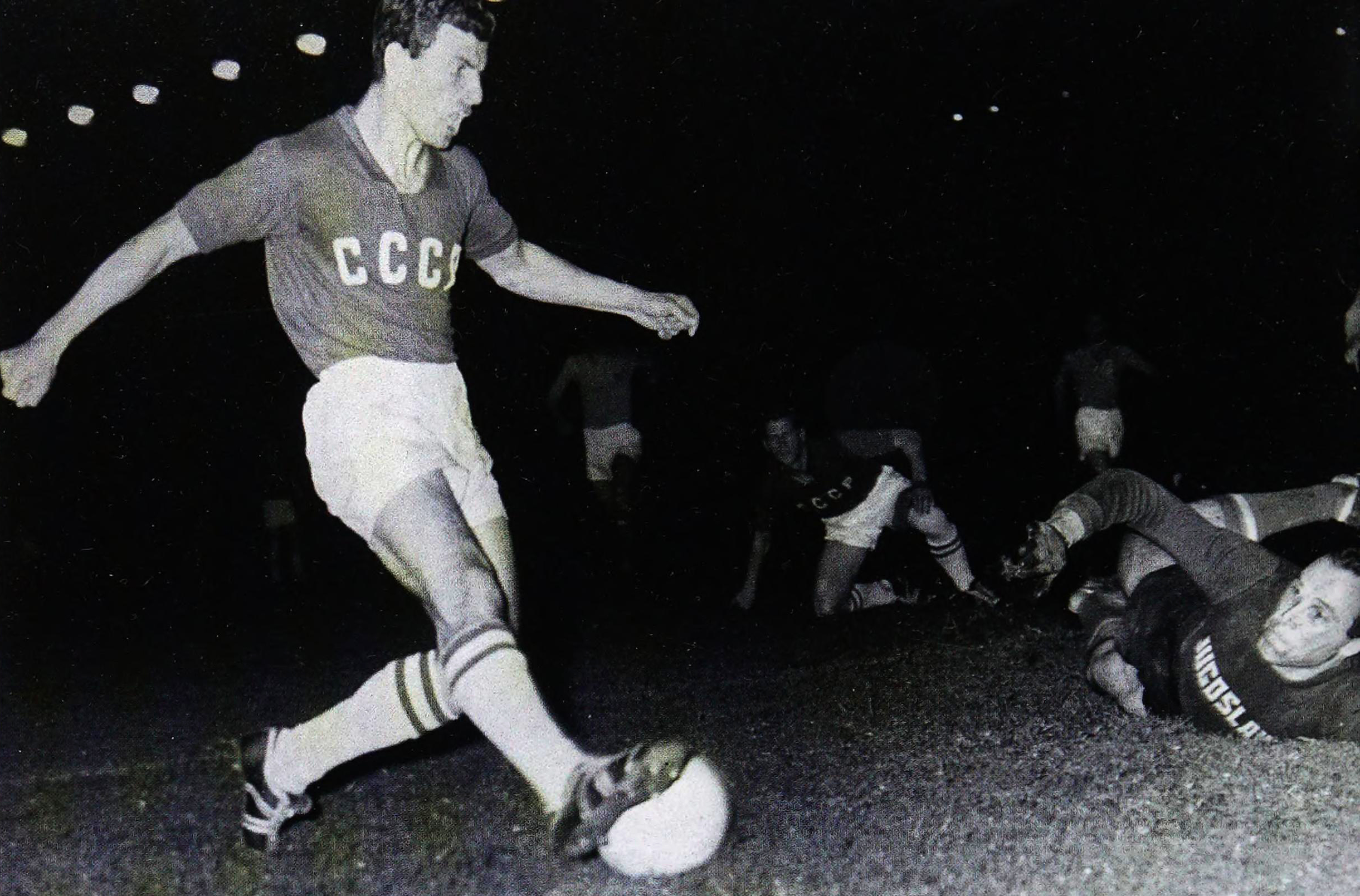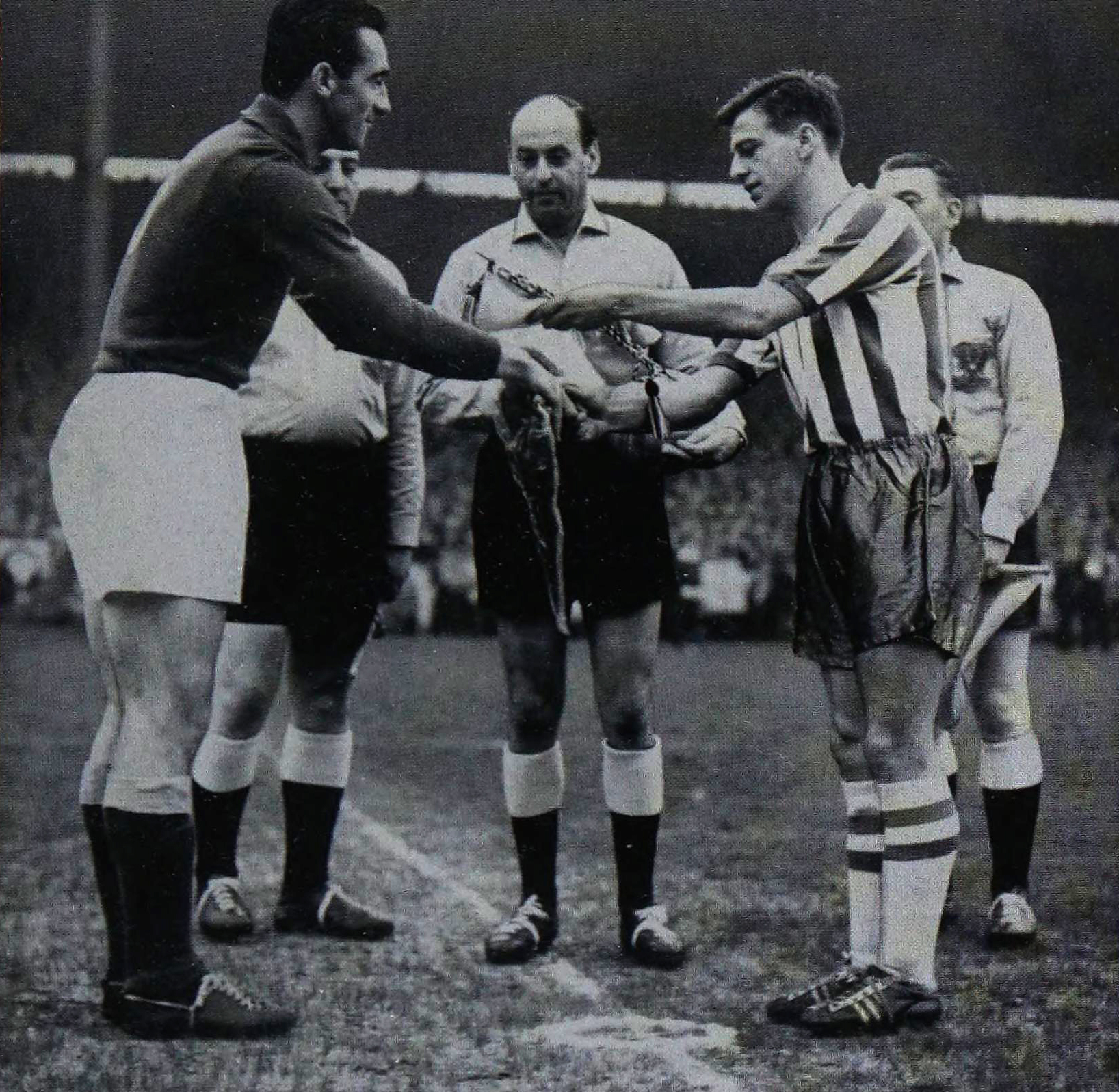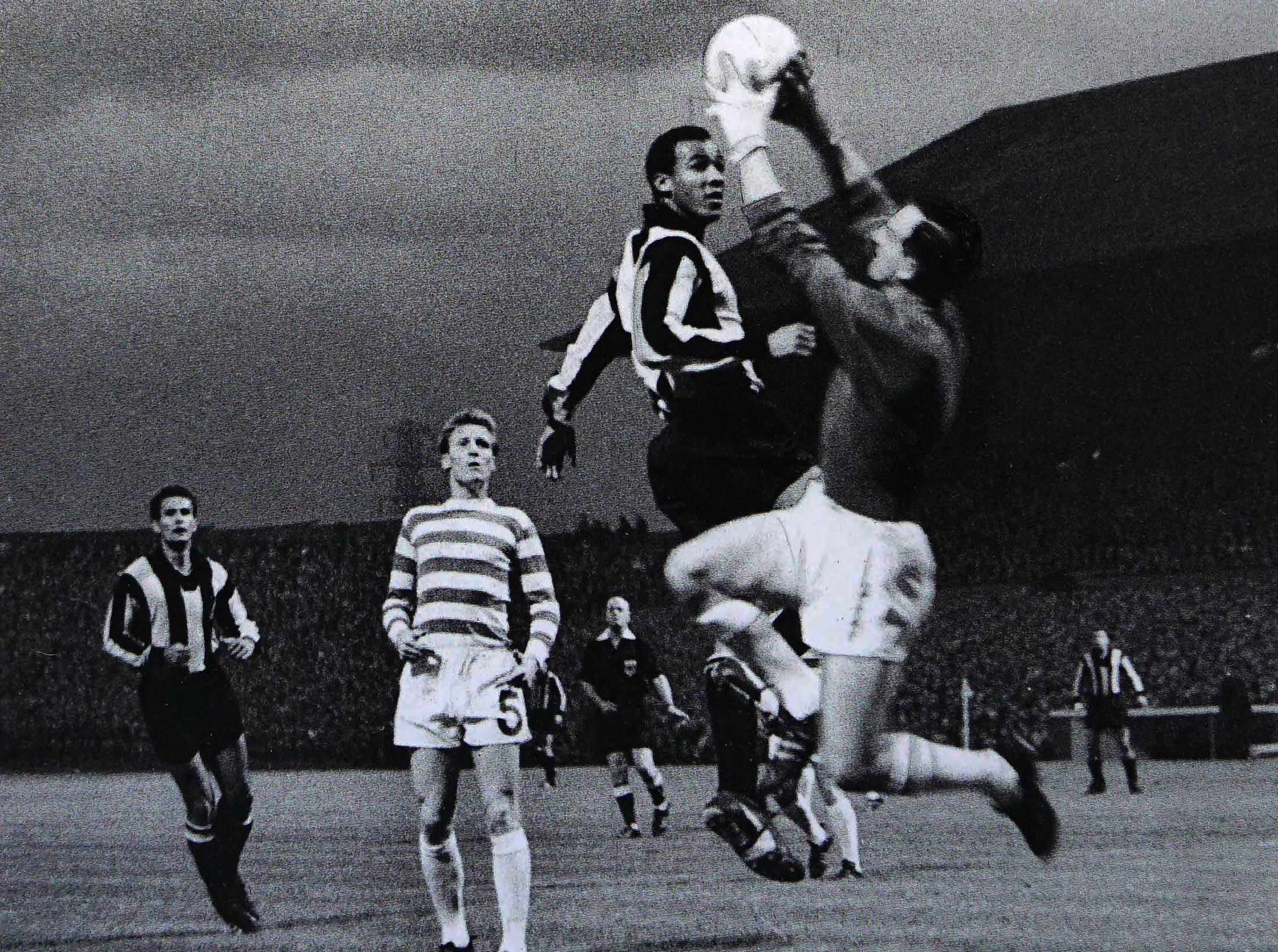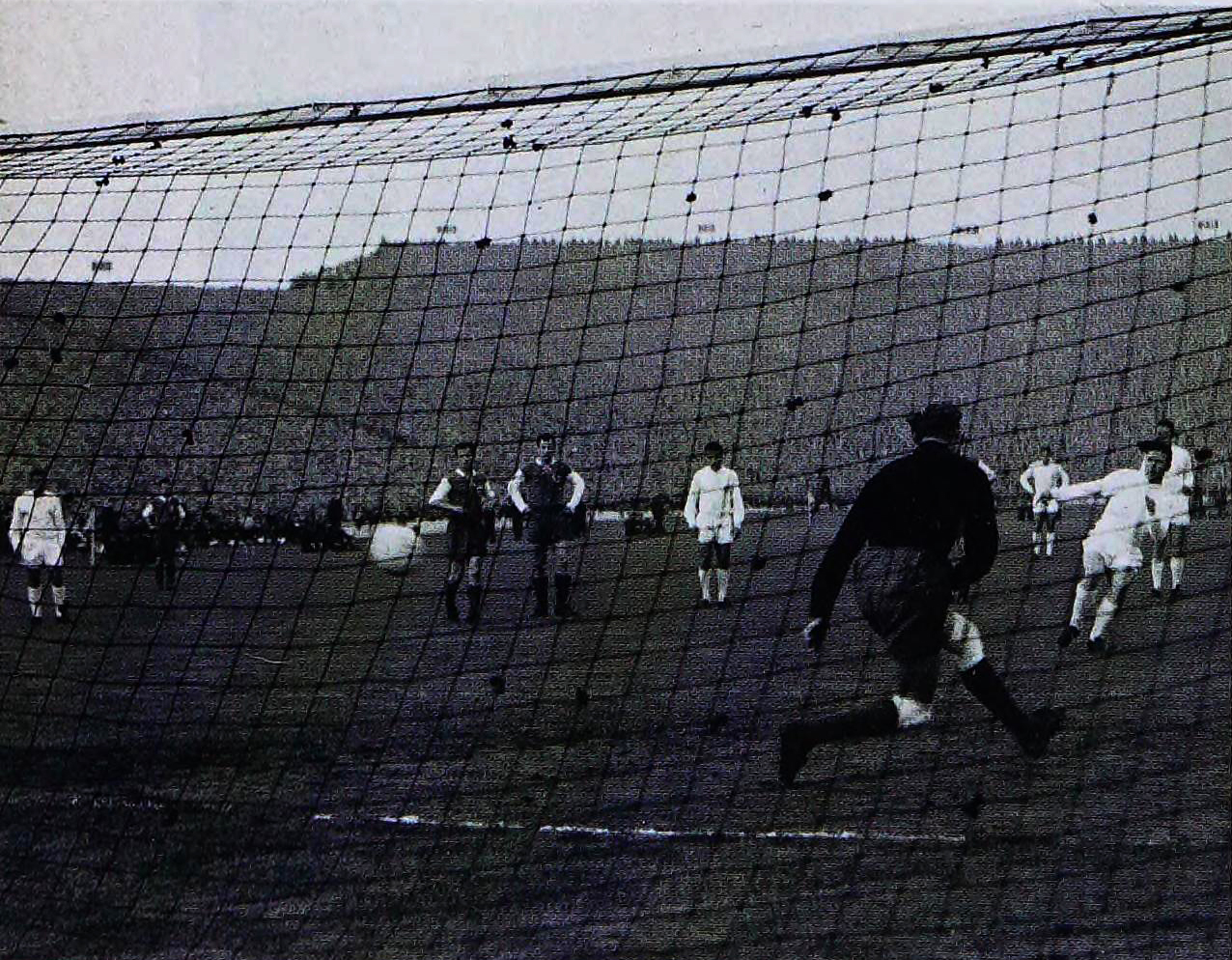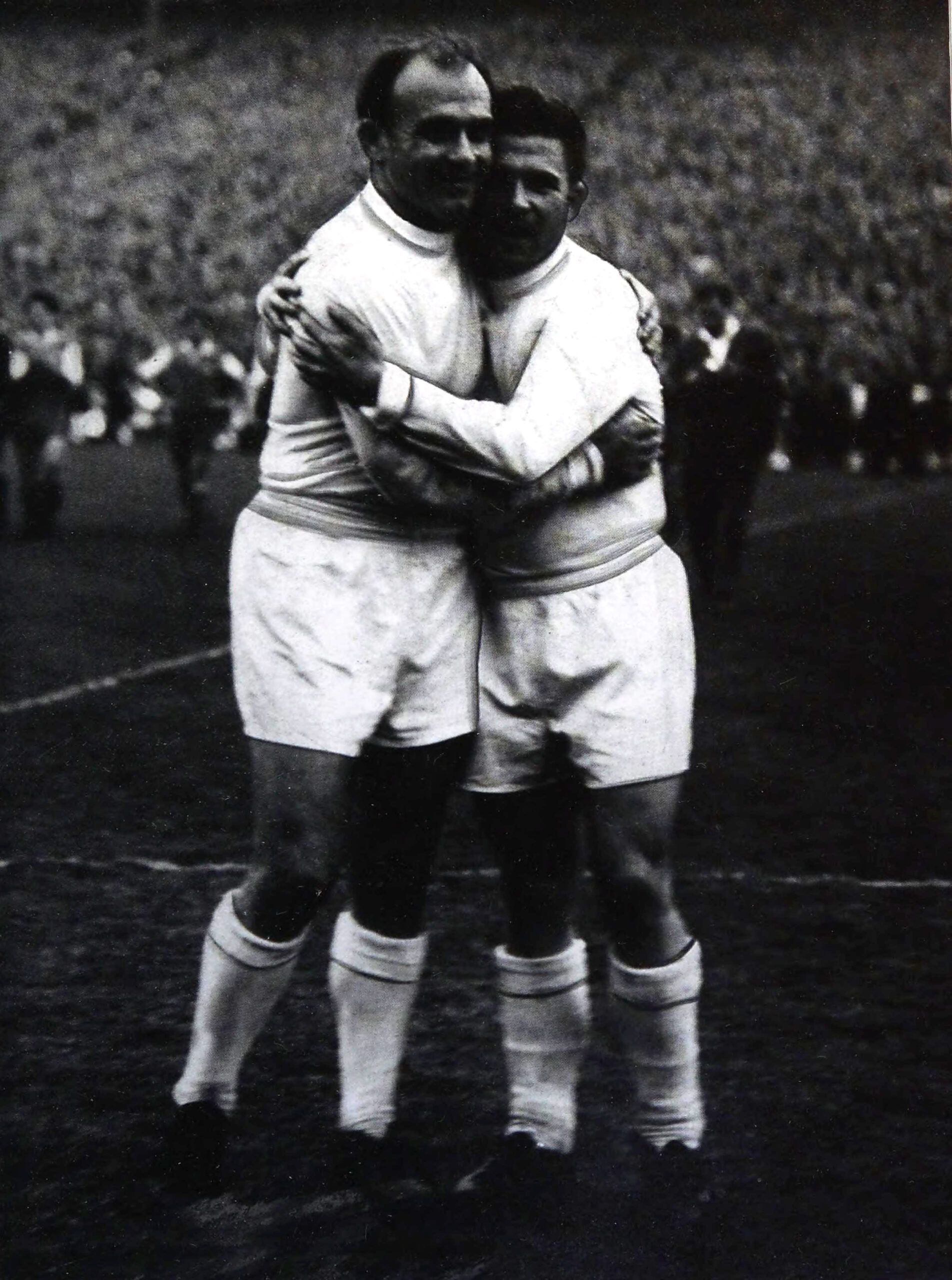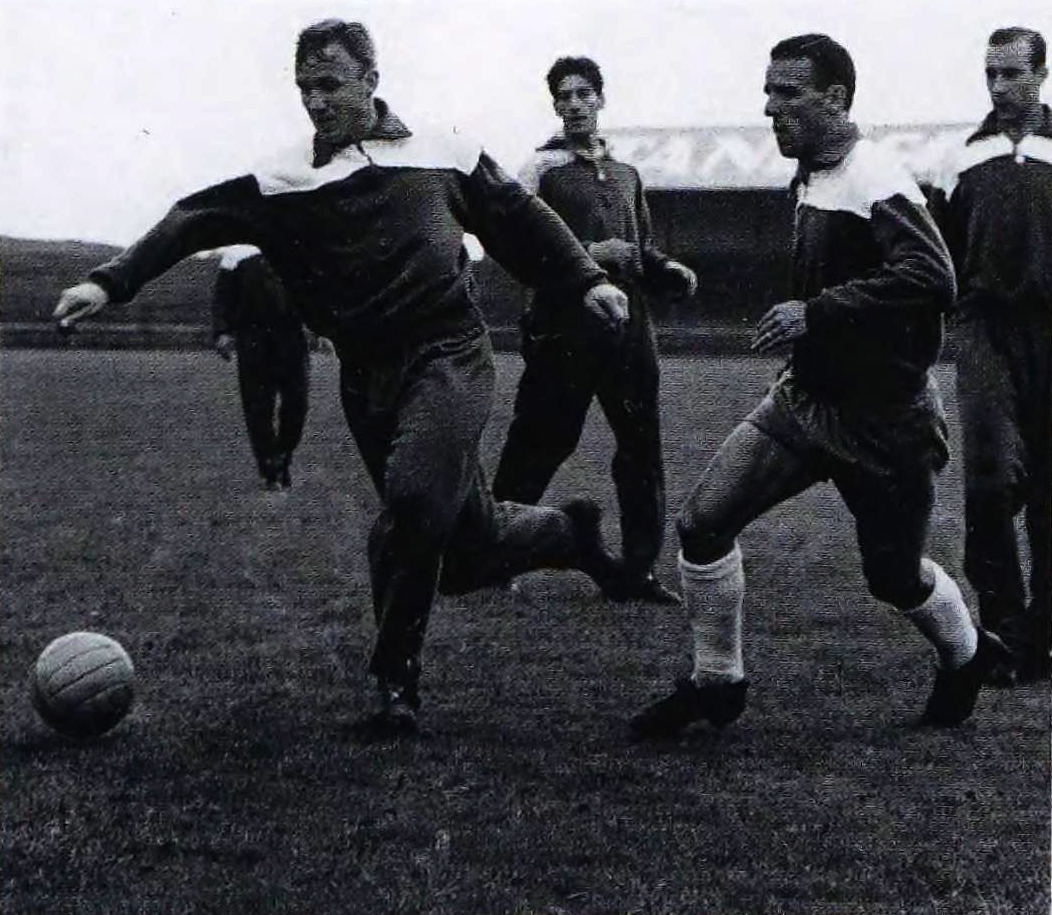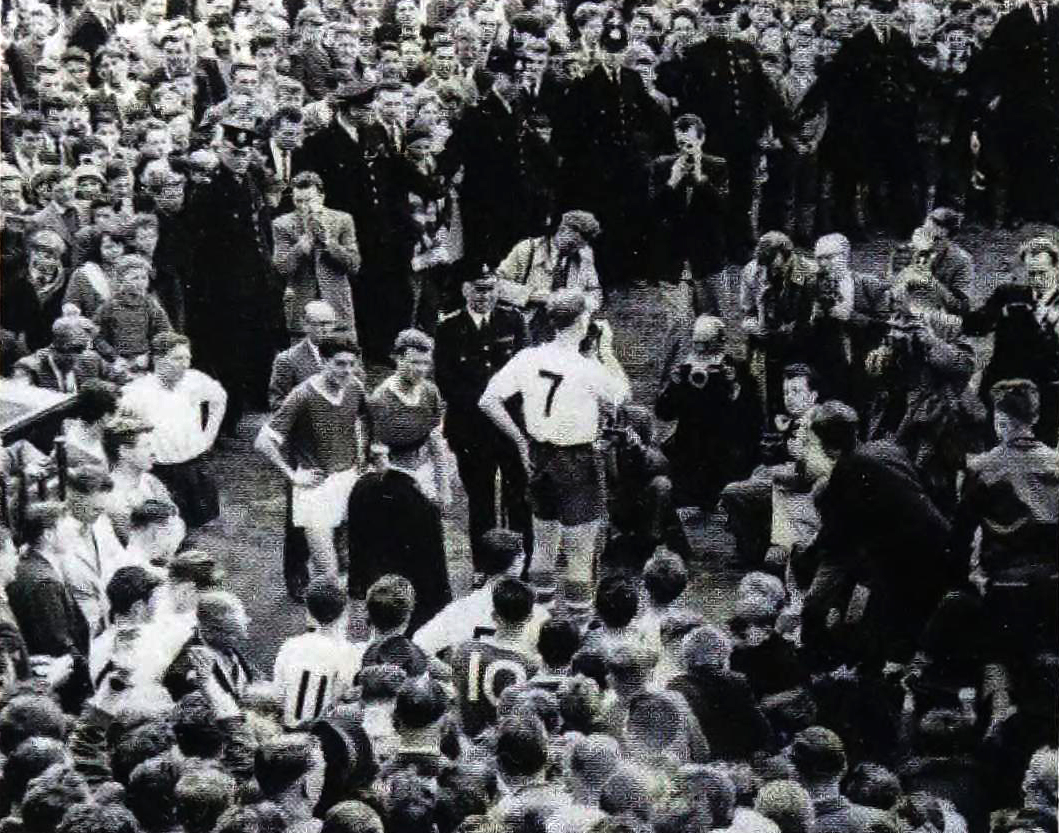While the inaugural European Championships, known originally as the Nations’ Cup, was a rather limp and unloved affair, the Soviet Union had few complaints as they became Europe’s first national champions. Only 17 teams entered the competition and over the course of a year a series of home and away games were played until they were whittled down to four – France, the Soviet Union, Yugoslavia and Czechoslovakia – who progressed to the final in France. In the semi-finals the Soviets overcame the Czechs 3-0 in Marseille with two goals from Valentin Ivanov and one from Viktor Ponedelnik, while Yugoslavia advanced after fighting out a thrilling 5-4 win over France.
In front of an awe-struck record crowd of nearly 128,000 crammed into Hampden Park, Real Madrid produced arguably the greatest ever performance by a club side to win their fifth consecutive European Cup, as they swept aside Eintracht Frankfurt 7-3. «We were aware that the day was something special, even for us,» recalled Francisco Gento. «I do not think any of us wanted the referee to end the game and I think that was true for the crowd also. I think it was our best display because of the quality of the goals.»
© Copyright 2021-2023 All Rights Reserved

